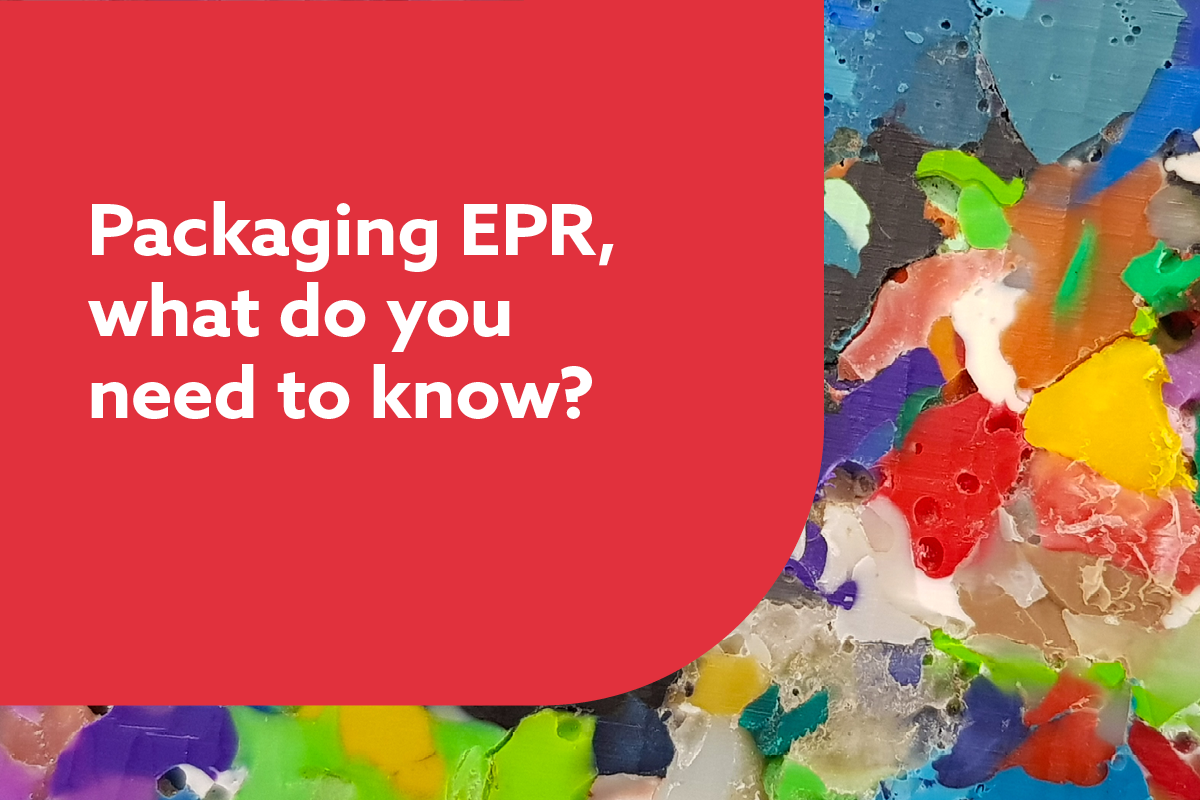Packaging EPR, what do you need to know?

The biggest change to packaging waste regulations for 20 years, Extended Producer Responsibility will see businesses who place packaging onto the UK market responsible for funding the full net cost of managing packaging waste.
Phase 1 of EPR is expected to come into force in 2023 with new obligations to compile packaging data from 2022.
Costs are expected to rise to at least £2.7bn in the first full year of implementation, almost £100 per household in the UK.
Are you ready?
This webinar will demystify EPR and what it really means for you. Hear from our expert panel as they discuss the latest updates on EPR, what it really means for businesses, what changes we can expect and when, and what you can be doing to prepare.
Background
The UK Government, the Welsh Government, the Scottish Government and the Department of Agriculture, Environment and Rural Affairs in Northern Ireland consulted on proposals for major changes to the way packaging is handled in the UK in Spring 2021, you can view the IOM3 response here. This regulatory reform is designed to incentivise more recyclable packaging and contribute to the UK Government and devolved administrations’ environmental and sustainability policy objectives that support the transition to a low carbon, resource efficient economy.
Major cost increases for brands, manufacturers and importers, potentially increasing 30-fold for some, are set to drive significant changes across the full supply chain.
Just some of the changes include:
- Producers’ fees will be varied (modulated) based on the positive or negative aspects of the packaging used, with the initial focus on recyclability
- Additional data will be required to be collected and reported
- Mandatory labelling
- Changes for small businesses
All those involved in the packaging value chain are likely to be affected in some way by the new requirements and fees, either directly or indirectly, and should take the time to understand the changes ahead.
Speakers
Jude Allan IOM3 Packaging Group Chair will set the scene with a welcome, introductions and a call for questions for the panel session.
Dr Margaret Bates, Executive Director OPRL and IOM3 Packaging Group Board Member, will unpack the key features of the proposed EPR scheme giving insight into the timings, resource availability, recyclability, modulation, how it interacts with other policy measures and value vs. cost.
Paul Vanston, Chief Executive, The Industry Council for Packaging & the Environment (INCPEN) will then break down what the Scheme Administrator will be responsible for and what can be expected from the Scheme Administrator process for the rest of the year.
Denise Mathieson, Senior Packaging Manager at Tesco will explore what EPR really means for a retailer/brand owner.
The three presentations will be followed by a panel discussion with the opportunity for Q&A.












